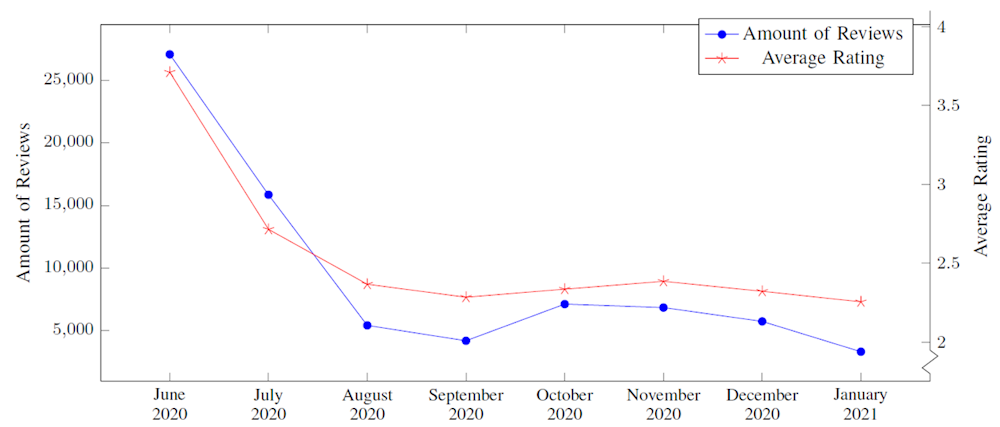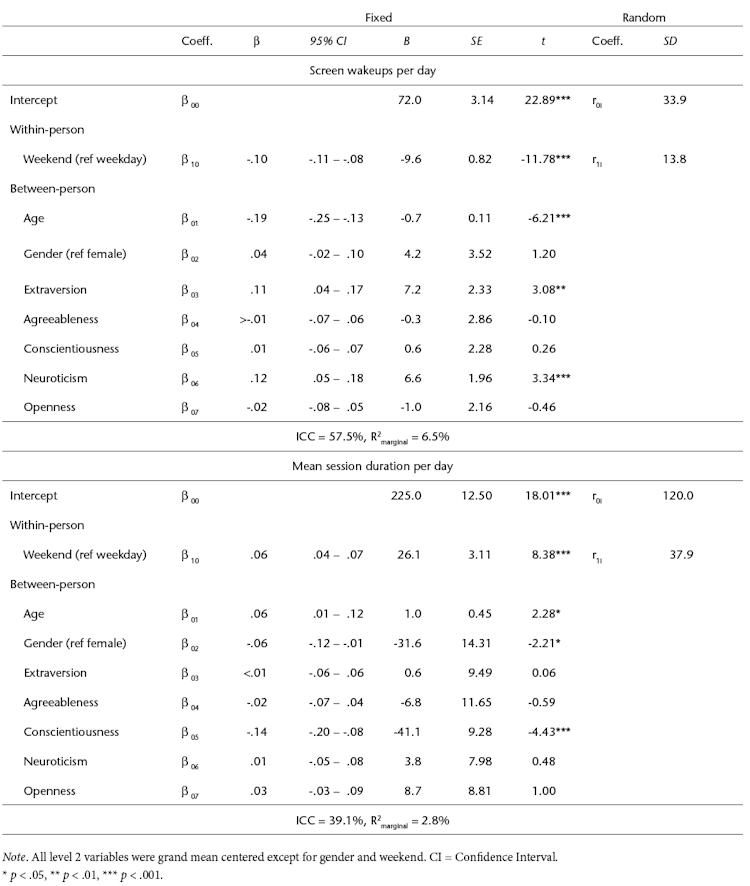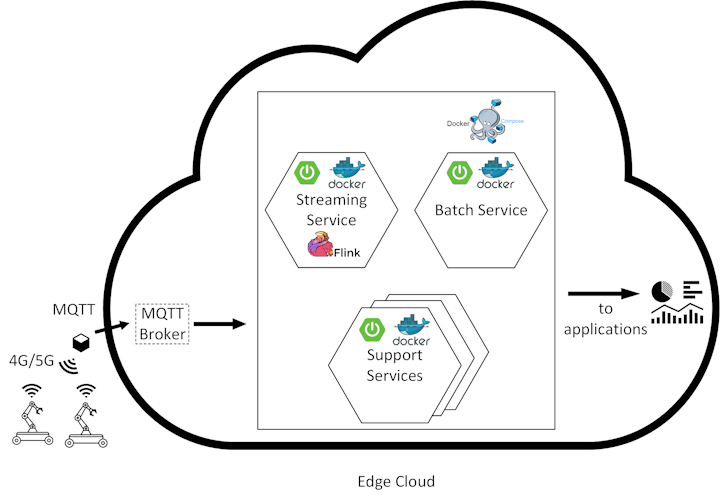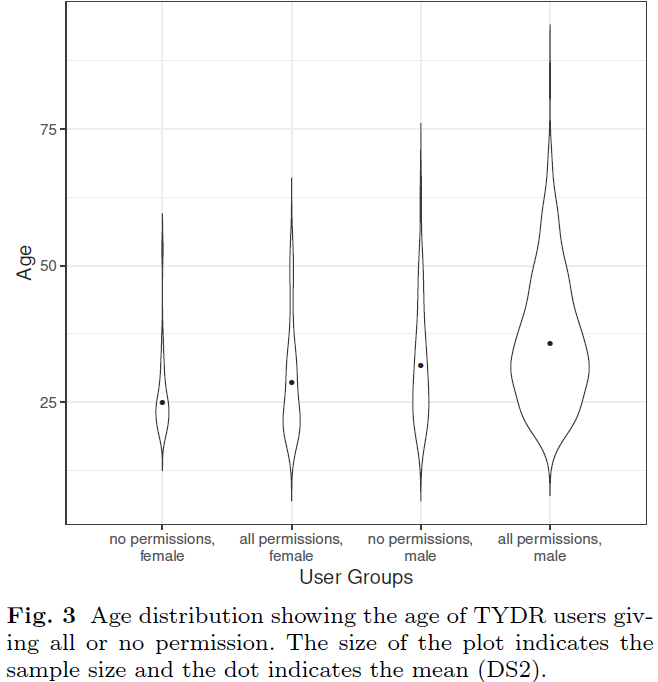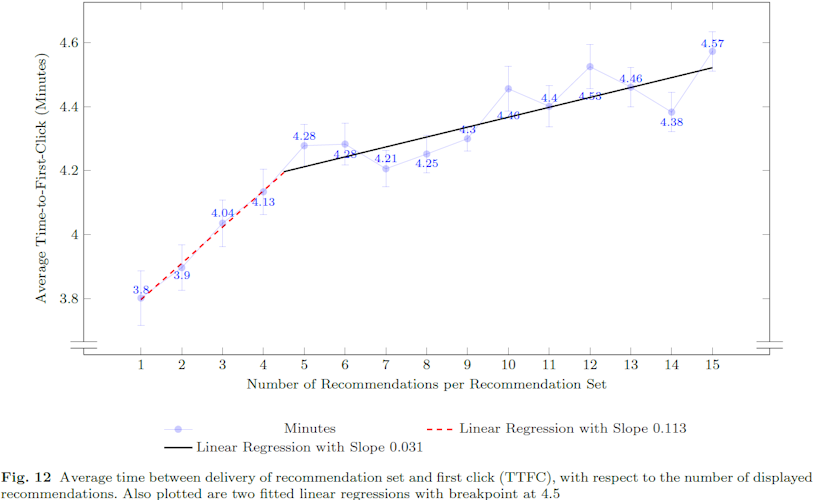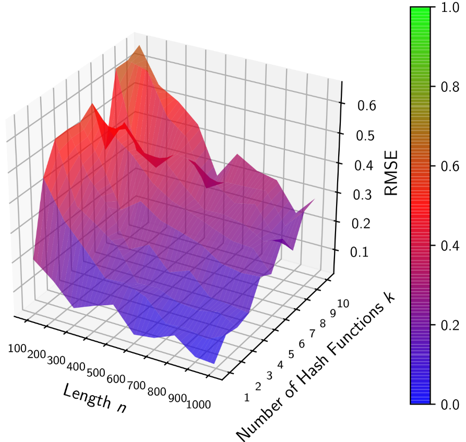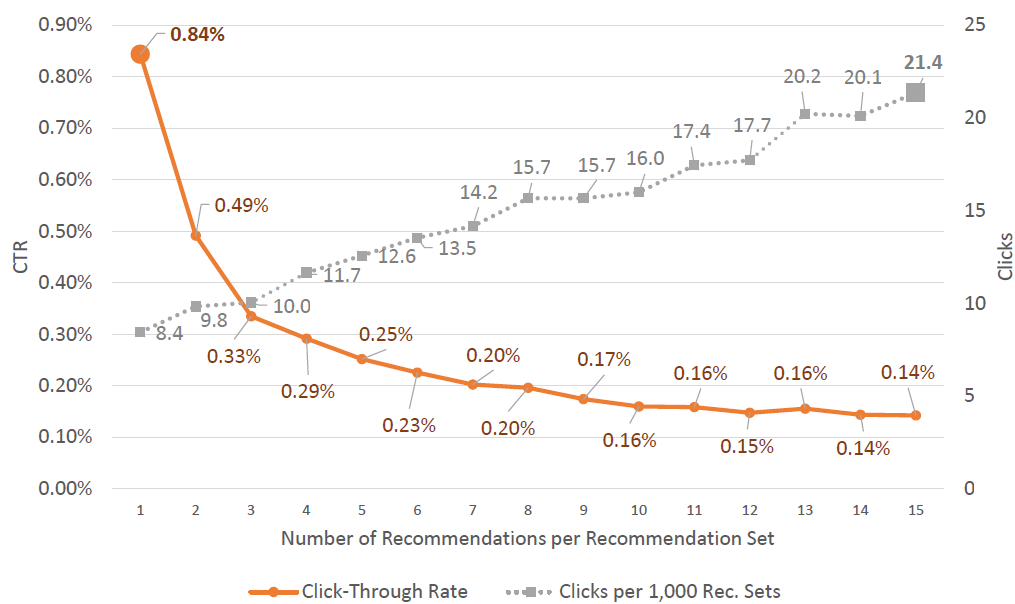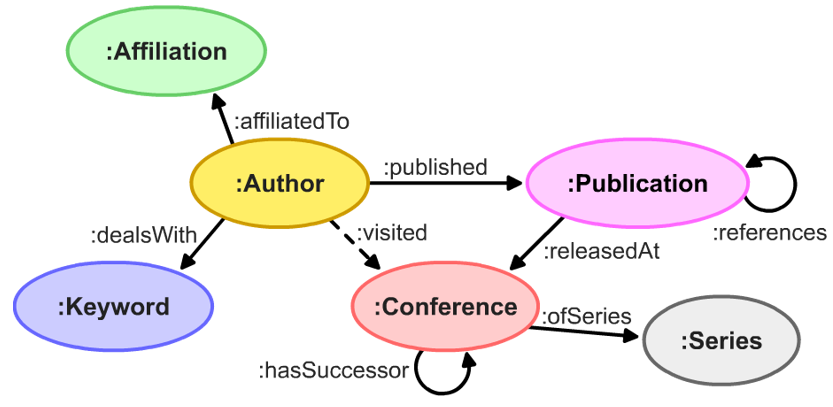Public Perception of the German COVID-19 Contact-Tracing App Corona-Warn-App
Several governments introduced or promoted the use of contact-tracing apps during the ongoing COVID-19 pandemic. In Germany, the related app is called Corona-Warn-App, and by end of 2020, it had 22.8 million downloads. Contact tracing is a promising approach for containing the spread of the novel coronavirus. It is only effective if there is a … Read more
